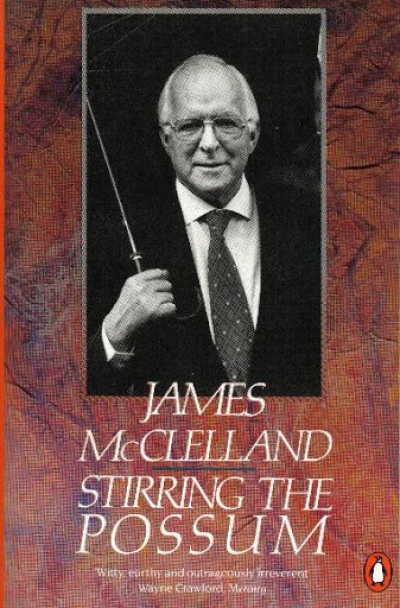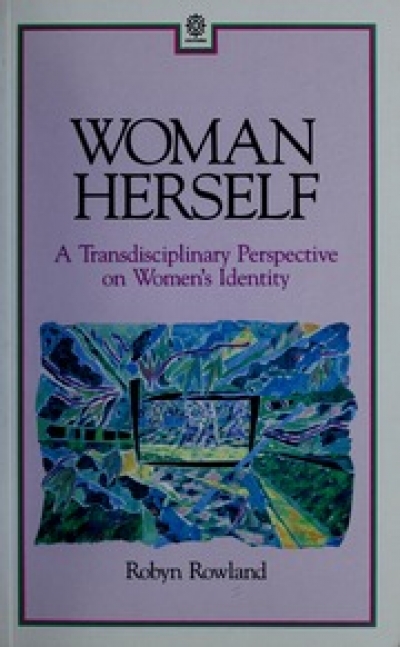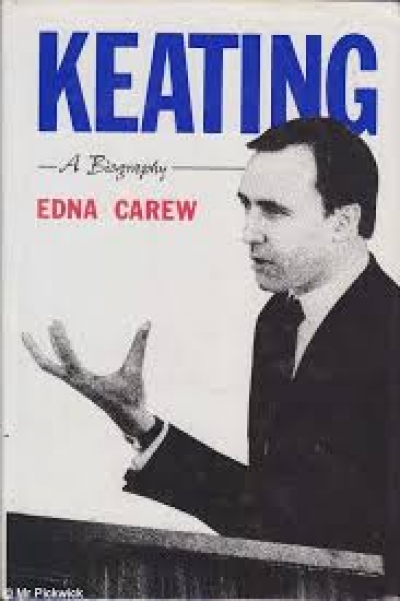Archive
Staining the Wattle: A people’s history of Australia since 1788 edited by Verity Burgmann and Jenny Lee
The Great Seesaw: A new view of the Western world 1750–2000 by Geoffrey Blainey
Woman Herself: A transdisciplinary perspective on women’s identity by Robyn Rowland
THE SYDNEY MORNING HERALD
Ian Hicks, the assistant editor of the Herald, took over the literary editorship after the brief reign of Chris Henning, who went back to work on page one, and the very lengthy incumbency of Margaret Jones. He remains assistant editor, and sees his books job as a short-term ‘appointment. His policy over embargoes on imported books is controversial. Like Valerie Lawson in her heyday at the Times On Sunday, he ignores them, especially if the book can be seen as having ‘some news interest’. Disregard of embargoes quite often drives overseas publishers to airfreight in the entire Australian run of a book and drive up its cost unconscionably. Hicks says he attempts to publish a new poem each week. But Australian fiction and poetry get more lip service than serious attention in the Herald. Often they’re dealt with in job-lot reviews of four books. Recent victims include Robert Gray and Gerard Windsor.
Hicks has employed a number of European expert reviewers, which is a healthy sign, but he relies too much on the old Herald standby of giving an inordinate number of books to ex-editors Pringle and Kepert. Reportedly, he has not changed another of the Herald’s legendary policies – demanding return of reviewers’ copies.
Christopher Pearson
... (read more)Now is the season of good will towards all specimens to which your correspondent replies ‘Bah humbug’. He does not like Christmas and has always considered Ebenezer Scrooge to be far more sinned against than sinning. Naturally this hack receives no yule time gifts; after all what do you give a youngish fogey whose only wish is to command a Confederate Brigade at the Battle of Shiloh? Yet if reality was suspended (and given the Australian book community’s tenuous grasp of it, this is not altogether unlikely), there are two presents which the wise, the good and the rich amongst Australia’s publishers and writers could confer upon this hack.
... (read more)







